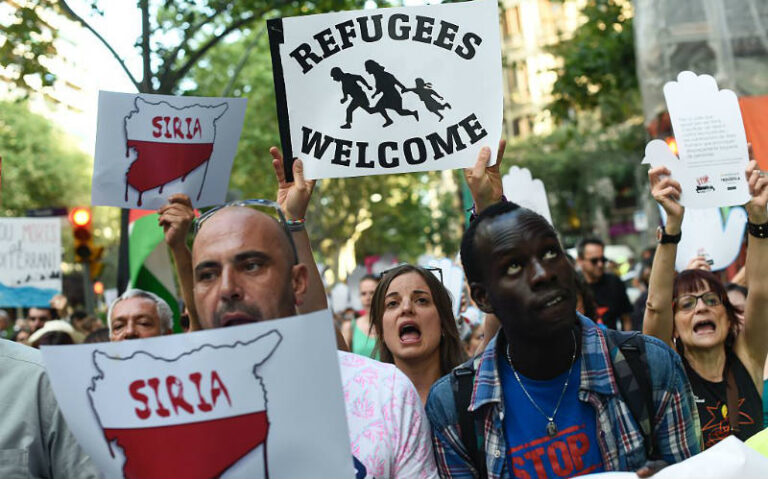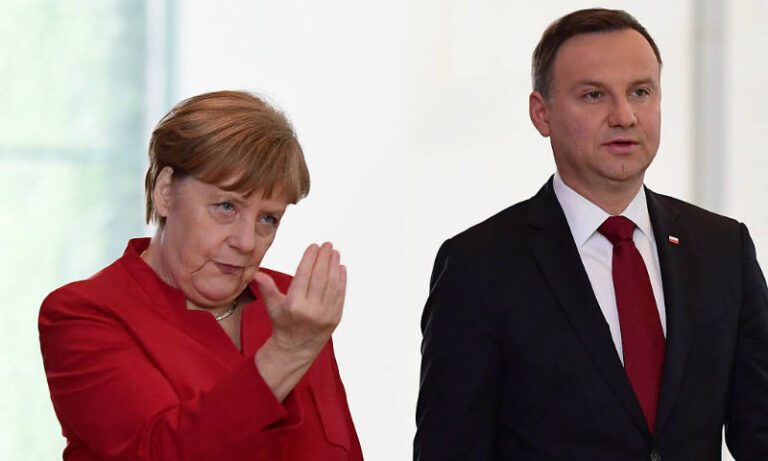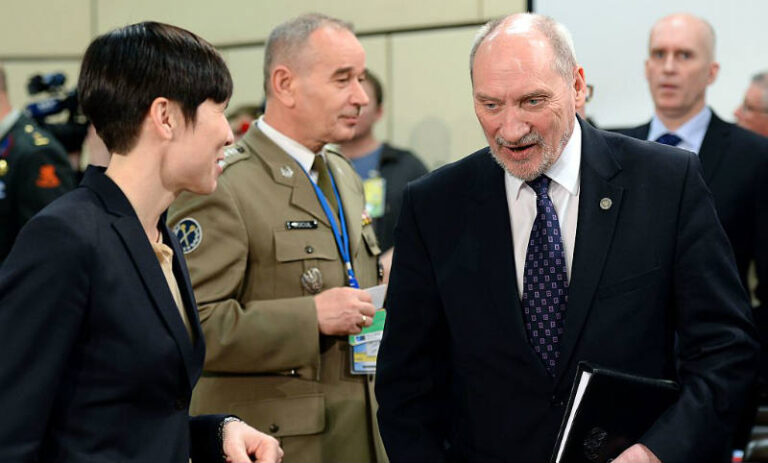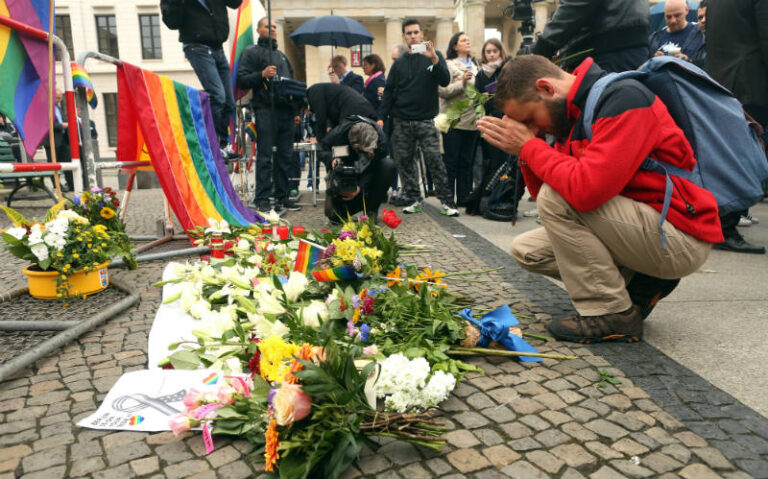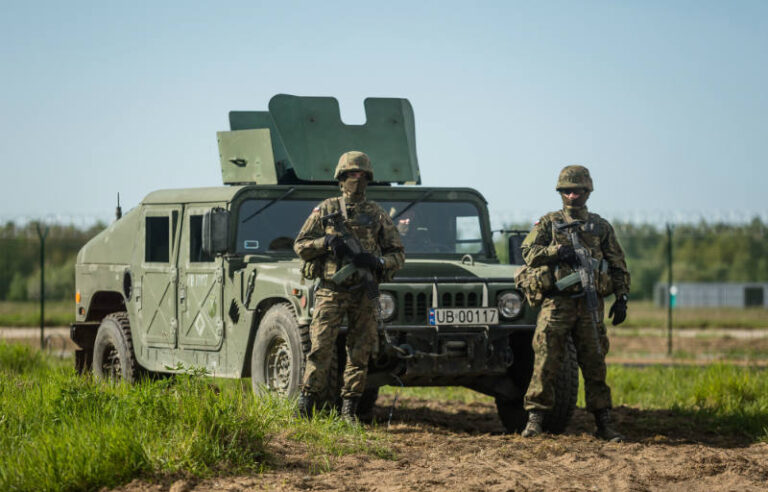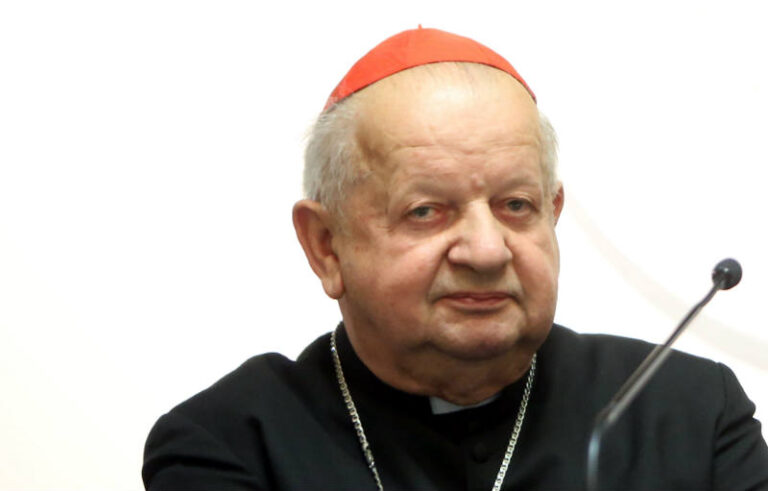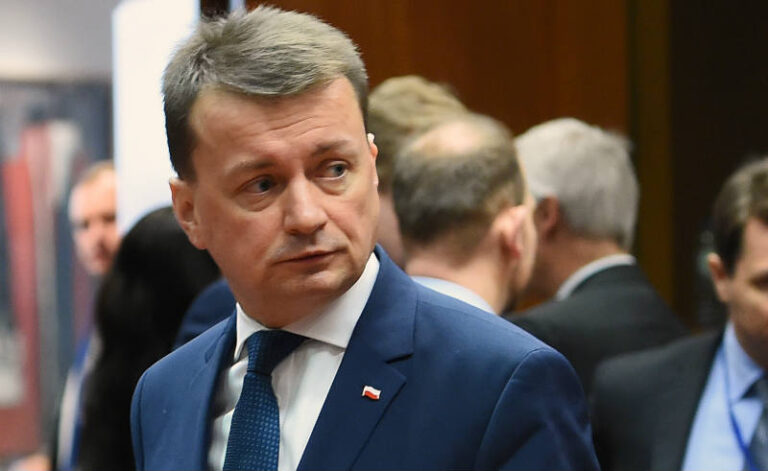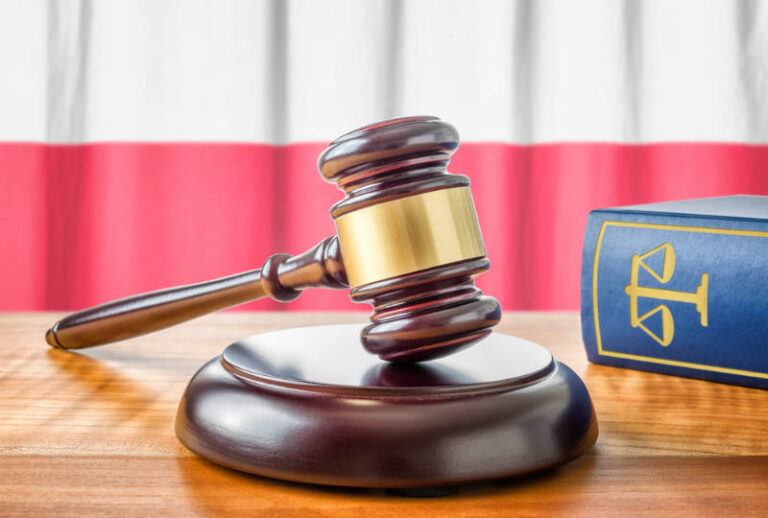An amended law on sheltering foreigners in Poland came into force on Sunday, 19 June.
It gives relevant services extended time for checking personal data of potential refugees wishing to enter Polish territory. The law was amended in connection with EU regulations on the relocation of refugees among Union member countries.
It extends the former seven-day period for supplying information on the applicants to the Office for Foreigners by the National Chief of Police, Commander of Border Guard Service or the head of the Internal Security Agency to 45 days.
Authorities are to deliver their opinion whether the given person’s entry on Polish territory might constitute a threat to state security, the country’s defence capabilities or public order.
The law also provides for this period to be extended by a further 14 days in extraordinary cases. Should the opinion passed to the Office for Foreigners contain any of the aforementioned reservations, the person in question cannot be qualified for relocation to Poland. The amended law on refugees does not apply to minors under 13 years of age.

